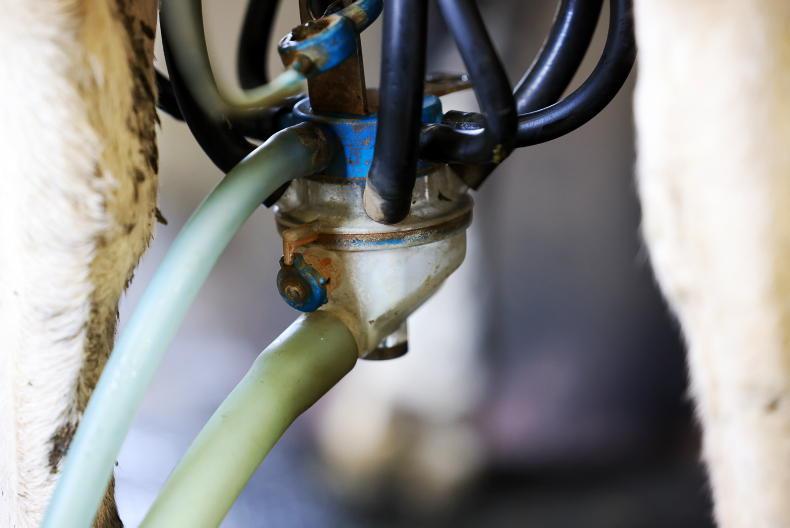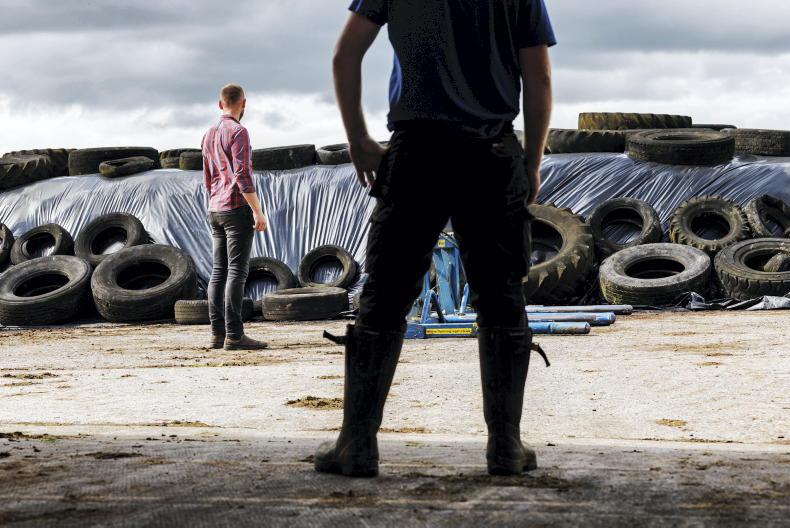The number of farming jobs that need outside expertise has expanded hugely over recent years. The modern tractor is highly reliant on computerisation and digital technology. The days of manually engaging the four wheel drive have gone, replaced with a switch that transfers the appropriate signal through the tractor’s computer system.
Trying to fix a malfunction with a spanner is not an option. Similarly with sprayers and fertiliser spreaders, new models have built-in GPS systems that require training to work properly but are hugely beneficial in terms of convenience and accuracy of application.
The precision which modern combines, forage harvesters and sowers bring to measuring input use, acres harvested and a continuous flow of yield information from across an area is hugely impressive.
The degree of sophistication in modern milking parlours would have been incomprehensible to earlier generations.
All this means a need for skilled and trained personnel across the country. It also means a need for profits within farming to pay for a whole layer of supplier expertise. Furthermore, it demonstrates incredibly clearly the regional spin-off that modern farming brings.
But it’s not just machinery and mechanics. The specialist farm accountancy co-op ifac is now among the biggest financial services firms in the country with a spread of local offices. But probably one of the biggest changes needing outside expertise is the whole interface with government. Farming tax has been with us since the mid-1970s and this of course spawned the birth of ifac but the need for precision and a clear knowledge of complex rules has spawned a whole industry to guide farmers in applying for the critical Basic Payment Scheme and the plethora of associated land, animal and crop-based schemes. The movement of most application processing online has further added to the need for outside expertise.
Side by side with these demands, farmers will have received their nitrogen and phosphate statements over the last few days. For many, this will trigger the need for detailed nutrient management plans as well as reconciling the need to stay within organic nitrogen limits and deciding whether a derogation must be applied for.
The need for paperwork and accountability does not end there. Livestock farmers must keep detailed records of animal medicines used. Failure to do so can result in disqualification from quality assurance payments, while crop farmers must keep detailed records of chemical inputs used and their specific administrative numbers.
Again, failure to do so can lead to penalties by way of reductions in the Basic Farm Payment. In my experience, most farmers seem to rely on their consultant or Teagasc to complete or at least to check these income-critical returns.
Perhaps this is all part of the price we must pay for living and farming in a rich, super environmentally conscious part of the world but farmers must be entitled to ask where is the quid pro quo in terms of higher compensatory prices or protection from those with much looser standards. As another reform of the CAP gets underway, these questions must be raised and tackled. There is no point in lamenting the lack of young people going into farming if they sense that both the political and financial dice are loaded against them.









SHARING OPTIONS